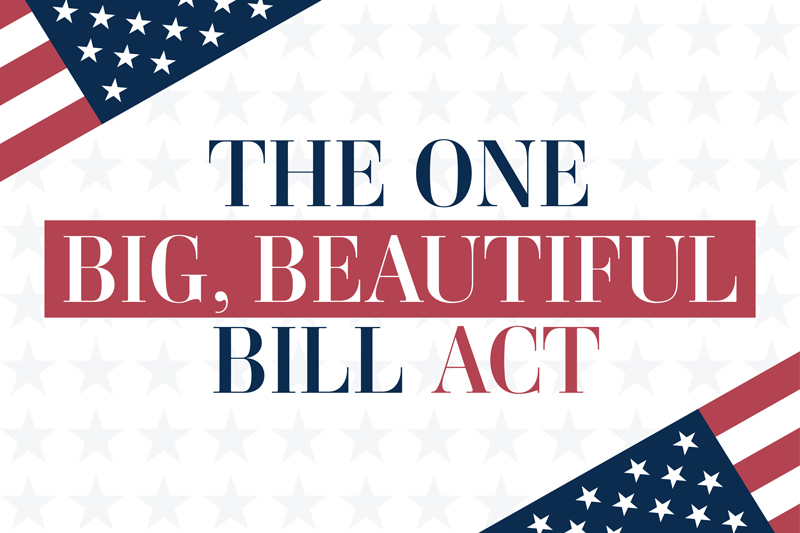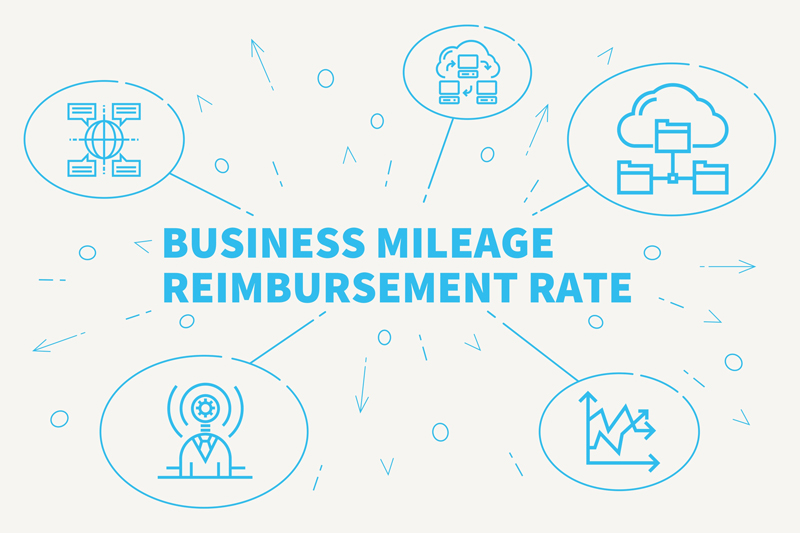On August 30, 2023, the U.S. Department of Labor issued proposed regulations that could significantly increase the minimum salary that would have to be paid to workers on a salary basis. The increase would be from $684/week to $1,059/week, or about $55,000.00 annually. The Department of Labor had been considering making an increase for over two years. It is estimated that this new rule could extend overtime protections to 3.6 million salaried workers in the United States.
If the new rule is adopted, employers will have to decide whether to increase their employee’s paid on a salary basis to the new minimum salary or whether to convert employees making below that amount to being paid on an hourly basis and paying them time and a half for overtime hours worked. This could also result in more lower-paid workers not working more than forty (40) hours per week.
Employers must remember that to pay an individual on a salaried basis, in addition to meeting the minimum salary, the employer must also demonstrate that the employee is properly classified as exempt under one of the standard exemptions. Those exemptions include the Executive, Administrative, and Professional exemptions. The regulations defining these classifications and applicable case law can sometimes be ambiguous and unclear. An additional result of the new proposed regulation could be that some employees will decide to challenge whether or not they are properly classified in one of the exempt classifications, and this could lead to additional litigation.
The proposed regulations also include a new provision that would set the standard salary level to the 35th percentile of weekly earnings of full-time salaried workers every three (3) years. In addition, the DOL proposes increasing the compensation level for Highly Compensated Employees to $143,988.00/year, of which at least $1,059.00/week would have to be paid on a salary or fee basis. The Highly Compensated Employee meeting this new salary threshold does not have to be an otherwise exempt Executive, Administrative, or Professional employee.
The proposed rule will not become effective until after the sixty (60) day period for the public to make comments and proposed revisions has expired. At that point, the regulations could be subject to further changes or adopted in final. We will, of course, continue to keep employers advised of the latest developments.
Meanwhile, if you have any questions concerning the proposed regulations or would like to discuss how they will affect your workplace, please get in touch with Matt Stokely at mstokely@pselaw.com or Kristina Curry at kcurry@pselaw.com
or call (937) 223-1130 to speak with them.













